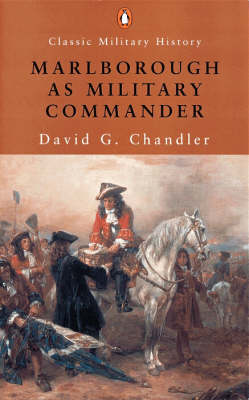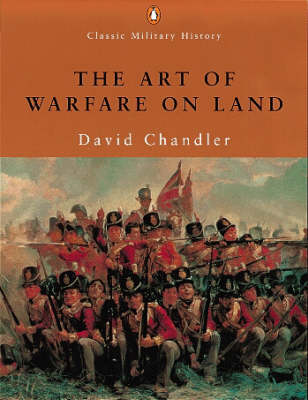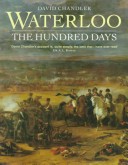Penguin Classic Military History S.
3 total works
John Churchill, the first Duke of Marlborough, was probably the greatest soldier that Britain has produced. Field Marshal Montgomery described him as "a miltiary genius" and the Duke of Wellington could "conceive of nothing finer than Marlborough at the head of an English army". Beginning with Marlborough's early career under Charles II, David Chandler, formerly head of War Studies at Sandhurst, goes on to consider in detail the Battle of Sedgemoor, the first engagement in which Marlborough played a leading role. Following a comprehensive chapter on 18th-century warfare, including the formalized patterns of attack and defence that were so much a part of it, he gives an illuminating account of the successive Continental campaigns and the bloody encounters: Donauworth, Hoschstadt, Blenheim, Ramillies, Oudenarde and Malplaquet. Marlborough was also famous for this diplomatic skills, in particular with recalcitrant allies and home governments. Taken with his genuine compassion for - and understanding of - the men under his command, he raised the standard of British warfare and his military skills have never been surpassed.
In 216BC Hannibal brought about the destruction of the Roman army at Cannae using the classical manoeuvre of the double envelopment: in 1941, the German commander von Runstedt brought off a similar manouevre against the Russians at Kiev and won an equally crushing defeat. In this book, the author sets out to demonstrate the constant factors that have underlain the strategy and tactics of the great commanders, from Alexander the Great to Marshal Zukhov.
Describes events following Napoleon's return from Elba leading up to the Battle of Waterloo, and provides a detailed chronicle of the Waterloo campaign, with maps providing a visual presentation of troop movements.


